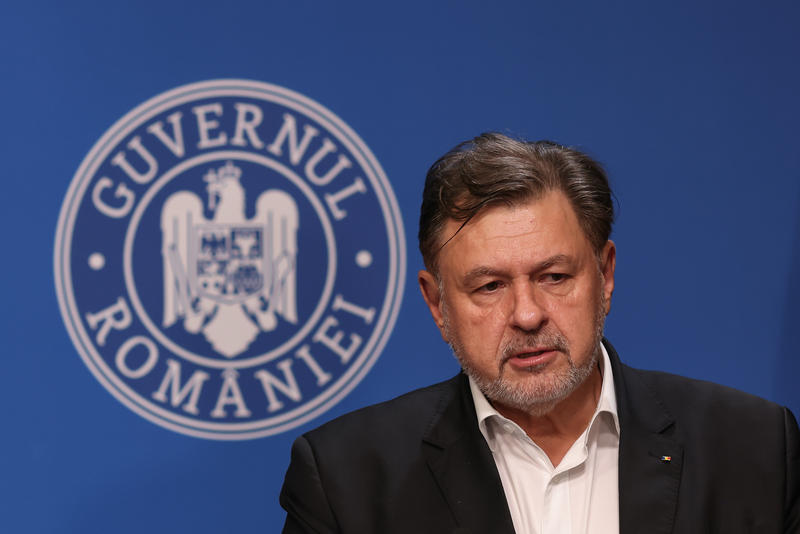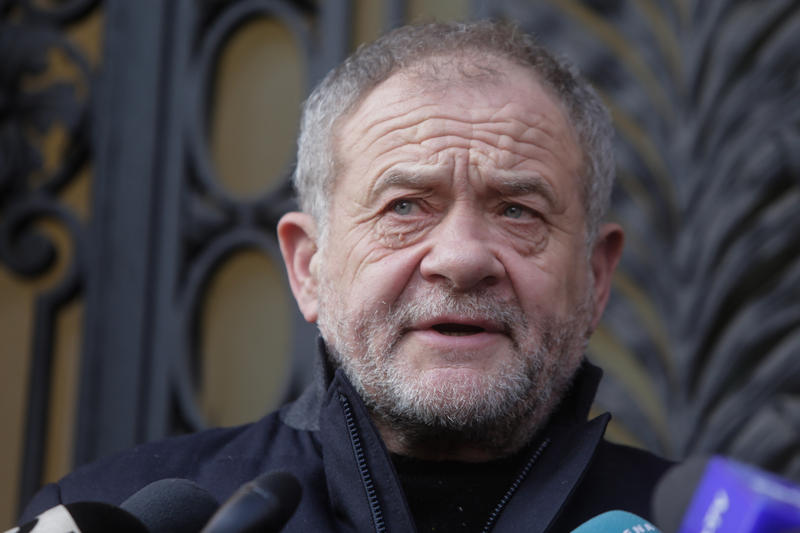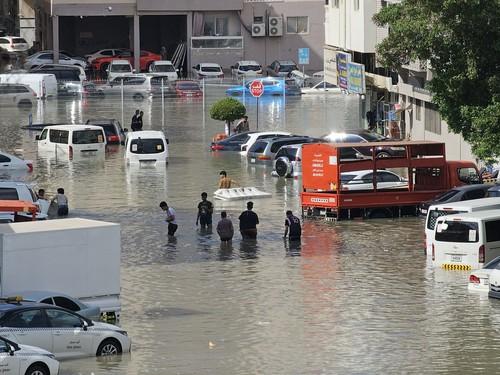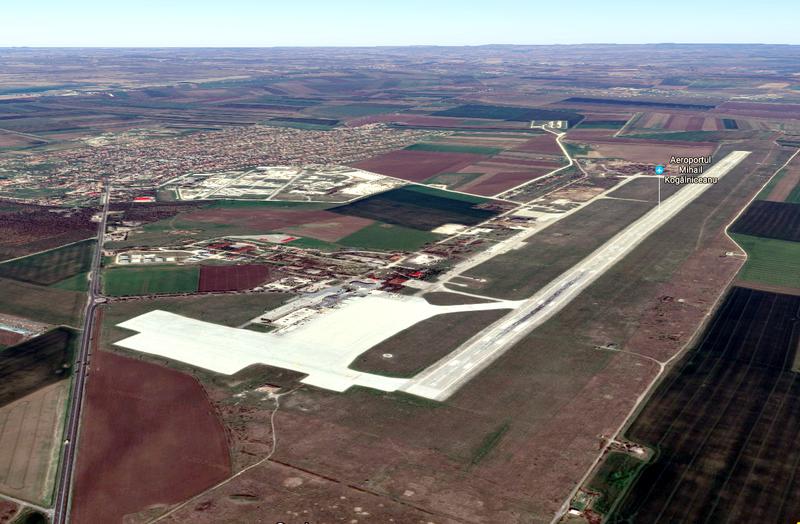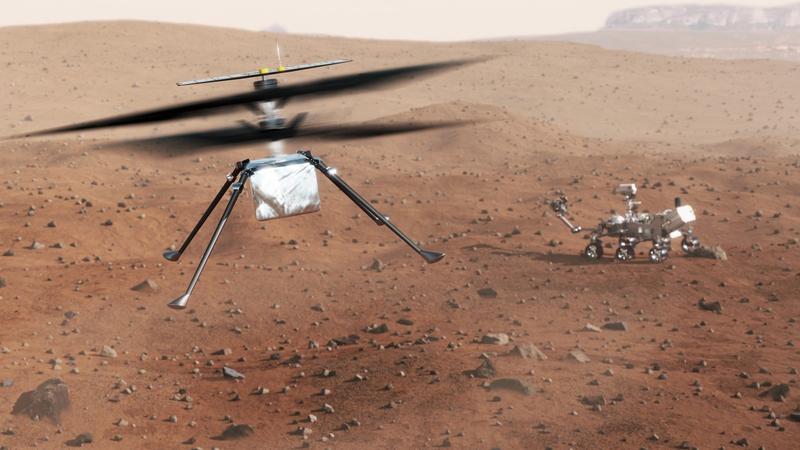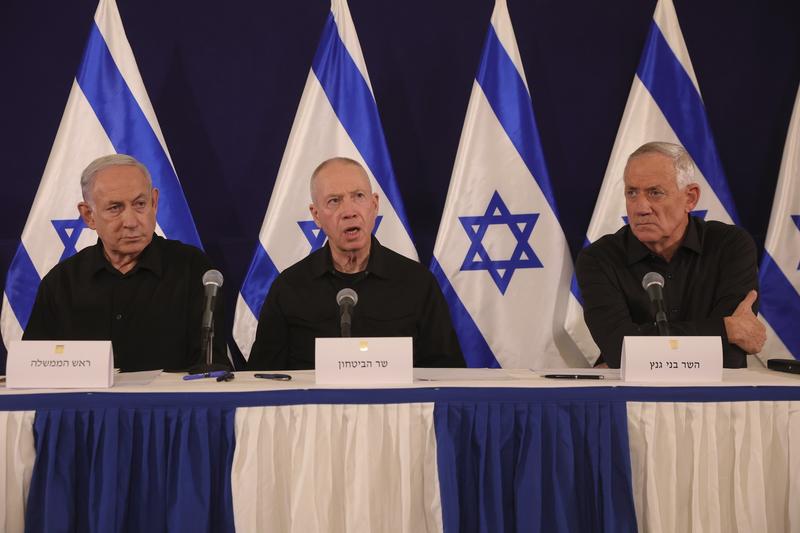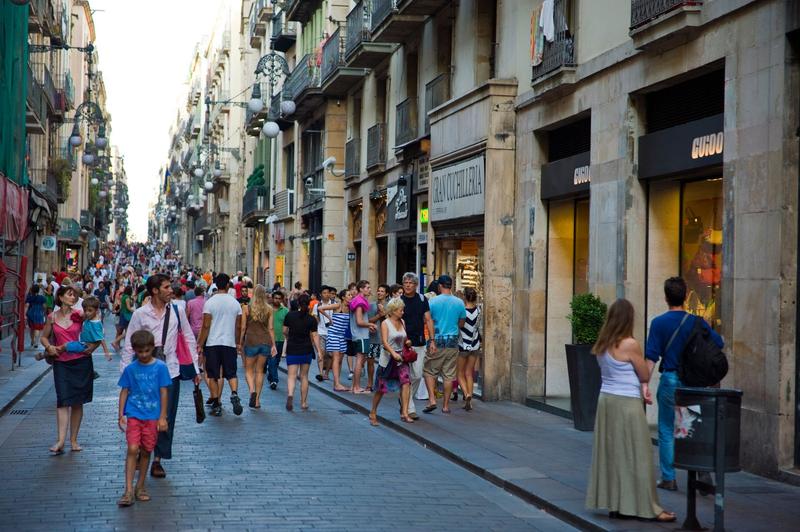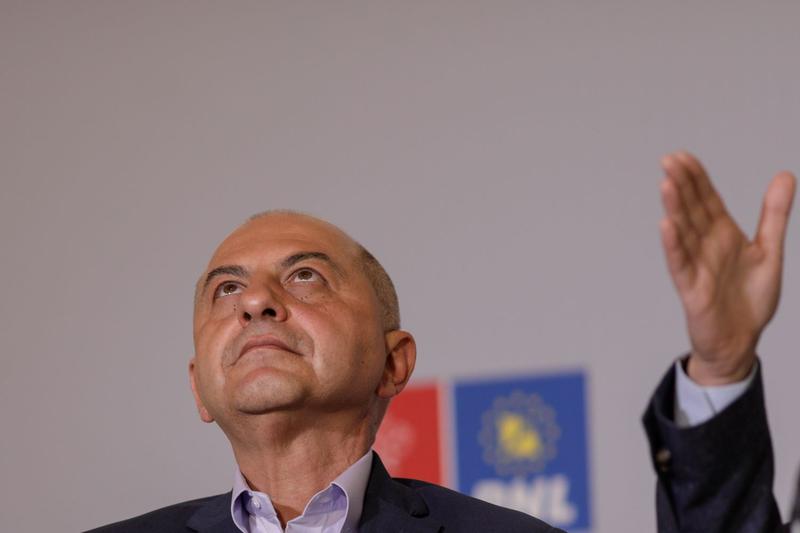Putting up a common European market for the natural gas could be the most efficient solution the European Union to counteract the Russian energy policy, which succeeded in dividing the continent, this is the conclusion reached by the European Council on Foreign Relations think-tank. Europe should focus on two directions: building the fourth natural gas corridor, Nabucco, and communicating to Russia the benefits that may come from ratifying the Energy Charter.
The study precedes the publishing of the revised EU Energy strategy and the EU - Russia summit, as well as the Czech takeover of the EU presidency.
The conclusions of the study:
What should the EU do?
In the post-Georgian war environment, with Member States divided over what approach the EU should take to its political engagement with Russia, it is of critical importance that Europe deals with its Russian gas problem. The Czech government has made clear that energy security will be one of the priorities of its presidency of the European Council, which runs for the first half of 2009. On 12 November 2008, the European Commission will publish its second Strategic Energy Review, with a focus on energy security. The review will form the basis of the next phase of EU energy policymaking, going beyond the “climate and energy
package,” currently being negotiated. Based on the analysis presented in this policy brief, we recommend that the EU:
• makes gas market integration the priority of its strategic energy policy. A single competitive gas market would help de-politicise the EU-Russia gas relationship, with major foreign policy benefits for Europe.
• helps Member States, especially those in central and Eastern Europe who are highly dependent on Russia, to develop and implement national action plans for improving their gas security.
• does not commit too many resources to its external energy policy, which can do little to solve Europe’s problem with Russian gas.
1. The EU should make gas market integration the priority of its strategic energy policy
The EU must put an end to what amounts to more than a decade of policy failure on gas market integration. The following steps should be taken:
• The regulatory provisions of the forthcoming third gas directive should be implemented fully and strictly, especially those that aim to ensure effective independence of transmission system operators.
• The proposed powers of the new Agency for the Cooperation of Energy Regulators (ACER) should be increased. Without the creation of effective pan-European regulatory oversight, it is unlikely that the third gas
directive will succeed where the second failed. What is needed is a powerful regulatory co-ordinator with a clear political mandate to deliver market integration. The new agency must be adequately staffed and financed, but the current proposals do not go far enough: ACER should have the authority to force national regulators to work towards common rules, standards and network codes and then to control their implementation. A true, powerful and independent European energy regulator should be the long-term goal. Furthermore, the new Strategic Energy Review should be the occasion to launch a political debate on pan-European regulatory oversight of energy markets.
• The Directorate General for Competition (DG Competition) should continue to investigate abuses of dominant position in the gas industry and, where appropriate, demand that companies sell their
transmission networks.
• As suggested by DG Competition’s 2007 sector enquiry, EU authorities should seek to remove the anticompetitive effect of long-term import contracts and long-term transmission capacity contracts. ACER and DG
Competition should work towards generalising the auctioning of unused capacity rights (the so-called ‘use-it or- lose-it’ rule). Auctioning a small share of gas volumes exchanged under long-term contracts should be studied as a way to boost liquidity at continental European gas hubs.
• Russia has a vested interest in market segmentation. Allowing Gazprom to acquire European transmission or storage assets carries the risk of reinforcing barriers to market integration. Therefore the authorities in charge of the European market should screen all proposed takeover projects. Typically this would be a task for a European energy regulatory agency, or for national energy regulators as co-ordinated and controlled by ACER. The European competition authorities should also be involved. The agreement on the third directive reached on 10 October 2008 would leave the screening of Gazprom’s downstream acquisitions in Europe entirely to national authorities. This is problematic: national regulatory authorities do not have a mandate to protect the European market, and their autonomy may be tested in the case of gas deals supported at the highest political level. As part of its call for stronger pan-European regulatory oversight, the Strategic Energy Review should propose that responsibility for screening downstream investments by companies from third countries be vested in the new ACER rather than in national authorities.
2. The EU should help each central and eastern European Member State assess its gas security situation and devise a national action plan for gas security. A well-functioning European gas market would in itself
enhance supply security in the highly dependent new Member States. But there is also a strong case for specific gas security measures in those central and eastern European countries where supply is concentrated, market and regulatory institutions are underdeveloped or weak, and energy insecurity is a major determinant of foreign policy attitudes towards Russia.
The EU should be involved in helping Member States devise and implement these gas security measures. The directive from 2004 on security of natural gas supply offers a good conceptual and legal framework for Brussels to build upon; the Strategic Energy Review will include a review of how this directive has been implemented by Member States and how it can be improved. The Commission and the future ACER should:
• Finance in-depth economic analysis of the gas security situation in each eastern European member state to determine the relative costs and benefits of different measures to improve security of supply. A one-size-fitsall approach would not work, given the huge differences across Member States in the structure of gas demand, electricity and gas interconnections, geological conditions relating to underground storage and other physical or institutional factors.
• Negotiate national action plans with Member States’ governmental and regulatory authorities. The EU should offer co-financing of the national action plans to those Member States who agree to comply with a minimum standard of security of supply, negotiated on the basis of article 4 of the 2004 directive.
3. The EU should not commit too many resources to its external energy policy
The idea that the EU needs an ambitious external energy policy to deal with the challenge of dependence on Russia has been gaining momentum over the past five years. The consensus is that the EU should focus on two priorities: obtaining Russia’s ratification of the Energy Charter Treaty (ECT); and building a “fourth gas corridor” through Turkey (the Nabucco pipeline) to bring Central Asian and possibly middle eastern gas to Europe without transiting through Russia. Neither proposal makes sense as an EU policy priority.
Russian ratification of the ECT, especially if it included the transit protocol, would improve EU gas security – though the change would not be fundamental38. But the Russian leadership sees nothing to gain from accepting ECT-like discipline. No amount of EU unity will force the Russians to be bound by a treaty they do not see as advancing their national interest.
• The EU should stop publicly demanding Russia’s ratification, but in private talks should continue to stress the potential benefits of the ECT to Russia – especially the improvement of security of gas transit through Ukraine.

